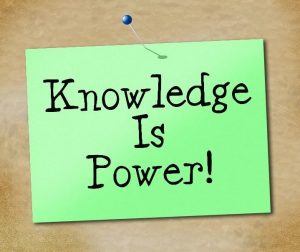
Nearly 8 million people are diagnosed with dementia or Alzheimer’s each year. If your loved one has been diagnosed, they are not alone. Upon learning your loved one is developing dementia and Alzheimer’s, it’s encouraged to begin adapting to this new way of life quickly – both for your aging loved one and yourself. Understanding the symptoms and how your





